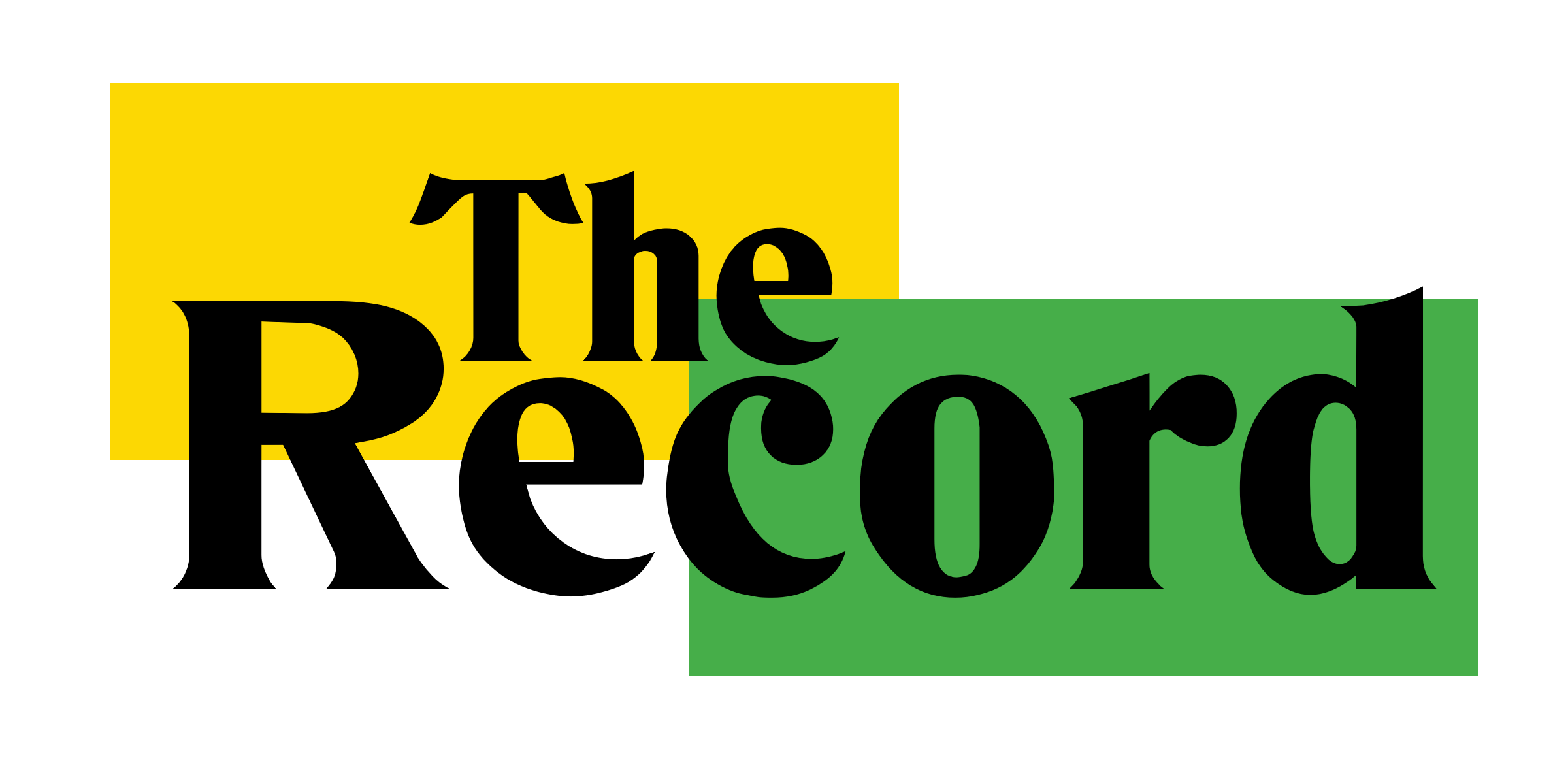On Thursday, April 4, 2024, RVCC’s Environmental Club, along with the Sustainability Committee and Student Life, held a Fast Fashion “Lunch N’ Learn” event with presentations from Yale’s Dr. Meital Peleg Mizrachi and RVCC Professor Dr. Carl Lindskoog, who presented on the environmental and labor impacts of the fast fashion industry respectively.
According to Mizrachi, a Yale postdoctoral researcher whose expertise lies in sustainable fashion (particularly on regulation and textile waste), fast fashion, is a business model in which the clothes of runway models are produced quickly and at low costs. Mizrachi explained that we are currently seeing the rise of third generation fast fashion companies such as Shein and Temu, which have ultra-fast trend-to-production times, and ultra-low prices. She also discussed the environmental impacts of the fashion industry, as listed below, from her presentation.
Image Credits: Businessoffashion.com
According to Lindskoog, “The low cost of these companies’ clothing comes at a cost.” Lindskoog has experience in labor solidarity work, and who has been an organizer for these types of events, says the workers of these companies make less than living wage (about $1.50 in places with a $15 minimum wage) and can work up to 16 hour days for 7 days a week. However, these large brands are for the most part not direct employers of the workers that make their clothing, so they avoid taking responsibility for the worker maltreatment and low wages.
Following the presentations from both Lindskoog and Mizrachi, a discussion was held, where attendees were encouraged to ask any further questions.
Here are some of the highlights from this Discussion:
Mizrachi:
We should make more meaningful purchases, and when we purchase clothing, we must think about whether we will continue to wear it for a long time- if we will wear it in 5-10 years. We must ask ourselves if we are just buying things because they are cheap, and if we need to purchase other things to make an outfit or piece of clothing work. Buy quality clothes- buy things because they are something that will serve you.
Regarding online shopping, if we don’t see it, we are willing to ignore the terrible working conditions for the workers. We know these things are happening, but don’t want to know them. We also need to be aware that because we cannot feel the fabric of clothing or try things on, we may buy things online that we would otherwise never buy because we cannot see the quality.
To avoid buying fast fashion while remaining on a budget, go to thrift shops. I cannot promise it will be cheaper than ultra-fast fashion, but it will be affordable. You should be willing to pay more money for less clothing, and for quality clothing. Shein and Temu are websites that are now promoting single-use clothing, but we have to resist the desire to change our outfits and wardrobe so often.
Lindskoog:
The variety and low costs of fast fashion clothing is dependent on the exploitation of workers. Convenience is at play. You can get something cheap or quick, but somebody pays for that. Amazon workers, for example, are in such desperate need of unions because cost and convenience are trying to maximize at the cost of laborers.
I think many of us who try to be healthy realize we have to pay more for whole and healthy foods, but it is harder to do this with fashion, because it’s about what we are doing to our body instead of the whole world. We need to make better quality choices, and think of this as a collective and environmental issue.
There exist organizations to help the workers in the fast fashion industry, such as the Workers Rights Consortium, which enforces labor contracts and agreements on suppliers and retailers. There are also worker-led campaigns that we can support. We also must make sure to select clothing made by fair labor standards.
RVCC’s Environmental Club meets every Tuesday from 1:00 – 2:20 in room SC-219, and if you would like to follow what they do, please they regularly post on RVConnect and their Instagram is below.
Instagram: @rvcc_environmentalclub
Edit: Meital Peleg Mizrachi is a postdoctoral researcher, not a professor.




